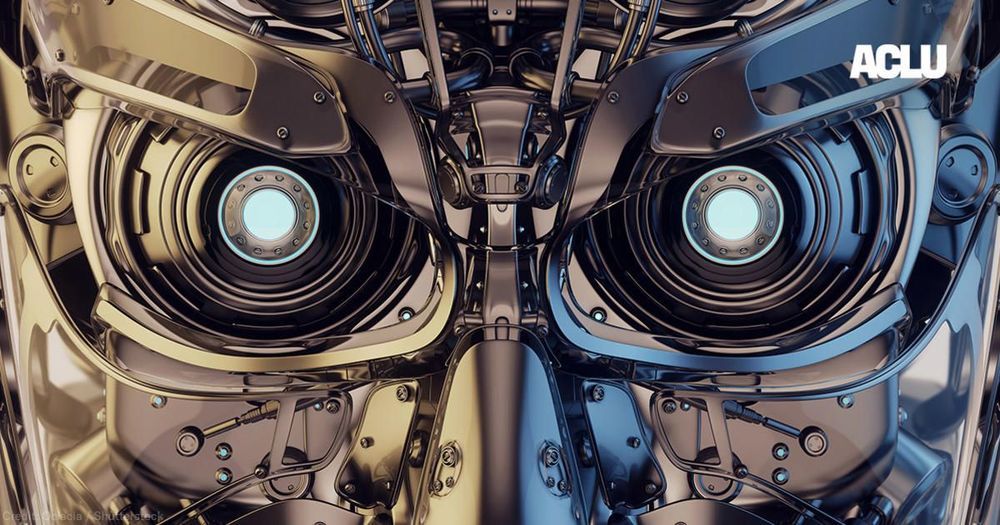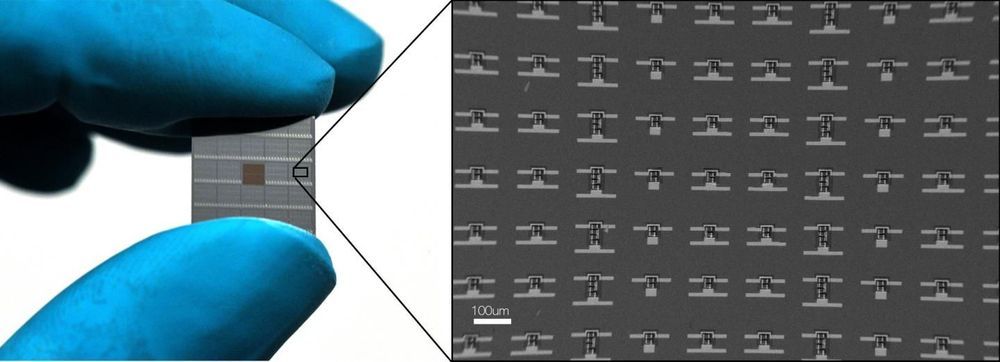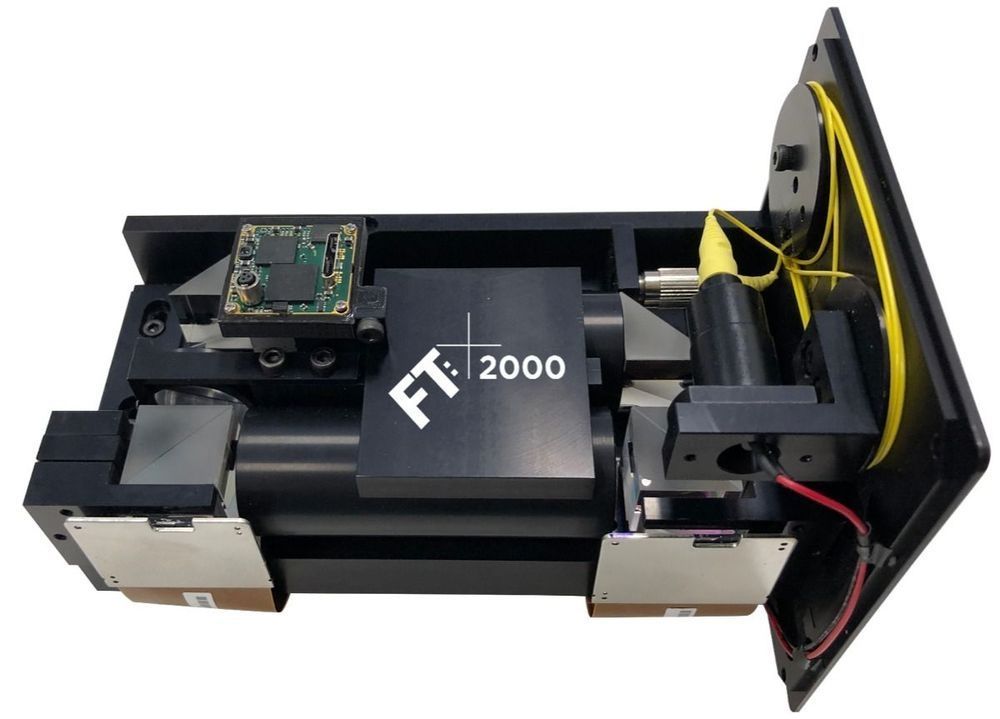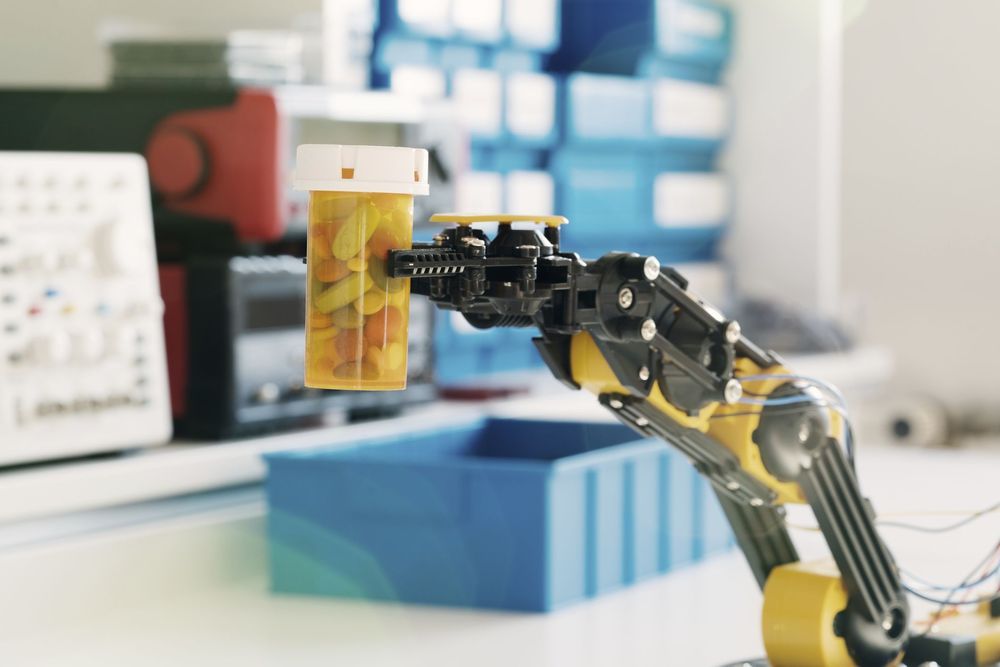As a passionate supporter of the advancement of women and recognition for their immense contributions to our world, I was thrilled to learn of a fascinating new initiative that launched today, in honor of International Women’s Day and Women’s History Month. This unique AI-powered web experience called https://www.nobelprize.org/womenwhochangedscience/” target=”_blank” rel=” nofollow noopener noreferrer” data-ga-track=” ExternalLink: https://www.nobelprize.org/womenwhochangedscience/”>Women Who Changed Science highlights the achievements of female Nobel Prize winners who broke new ground in physics, chemistry and medicine. Raising awareness of their tremendous impact, the initiative aims to empower the next generation of scientists.
Women Who Changed Science is an outgrowth of a new collaboration with Nobel Media and Microsoft and is one of Microsoft’s ongoing initiatives to build female inclusion and diversity in STEM fields. This new endeavor trains a lens on the inspiring journeys and contributions of female Nobel Prize winners who’ve significantly impacted our world for the better.








